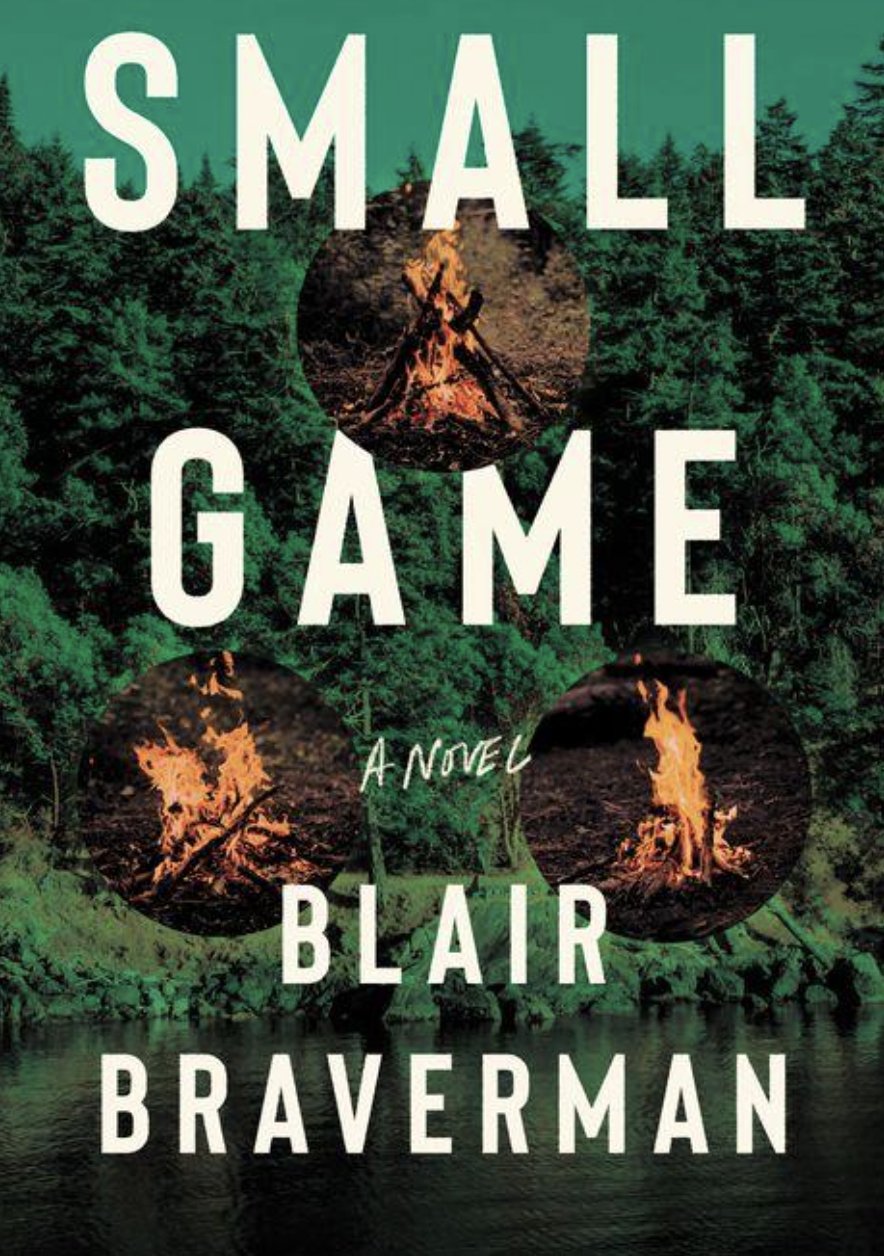
This is actually a sequel to both the book and the TV show The Handmaid's Tale, rather like the movie Doctor Sleep is a sequel to both Stephen King's book and Stanley Kubrick's movie of The Shining.
The Testaments takes place about fifteen years after the end of The Handmaid's Tale (the book), and is narrated by three characters with three intersecting plotlines. One is Aunt Lydia, in Gilead. One is a young woman in Gilead, Agnes. One is a teenage girl in Canada, Daisy.
Aunt Lydia recounts how she ended up in Gilead - she was a judge who was tortured and broken along with a lot of other professional women. This is the part that feels the most like a genuine sequel to The Handmaid's Tale - it's horrifying and visceral and insightful.
However, a big part of what was so good about the book The Handmaid's Tale was how small-scale it was: rebellion was inner thoughts and scratchings on a closet wall. In The Testaments, rebellion is YA dystopia-style secret missions.
Cut for spoilers that are revealed very early on. ( Read more... )
Agnes is the daughter of a Handmaid adopted by a Commander and his wife. The most interesting part of her life is that there is genuine love between her and her adoptive/kidnapper mother. But Agnes herself is kind of a blank slate. She's writing from the perspective of having turned against Gilead but still defending it a little bit, which sounds more interesting than I actually found it. She ends up becoming a trainee Aunt under Aunt Lydia.
Daisy is a shallow, annoying teenager whose parents are murdered, whereupon she discovers that she is more important than she ever knew. If you've seen the TV series you know who she is. I did not like her, and I REALLY did not like her storyline, which read very much like a YA dystopia circa Divergent and all the others where some teenage girl discovers that she's super important to the rebellion despite having no actual qualifications. She is sent to Gilead on an incredibly important mission despite being literally the worst possible person to do it, and also despite it being the sort of thing that any random rebel could have done. She proceeds to be the worst secret agent ever, but ( Read more... )
The whole book is beautifully written on a prose level, unsurprisingly. But only Aunt Lydia's narrative is compelling. Agnes doesn't have a whole lot of personality other than being brainwashed and then de-brainwashed, and Daisy is the kind of YA heroine that makes people stereotype YA books as being shallow and bad. And I just didn't like ( Read more... )
I felt like The Testaments was unsatisfying both as a sequel to the book (nowhere near as good) and the TV series (depressing when you consider ( Read more... ) That being said, Ann Dowd is going to absolutely kill it in the TV version.



















